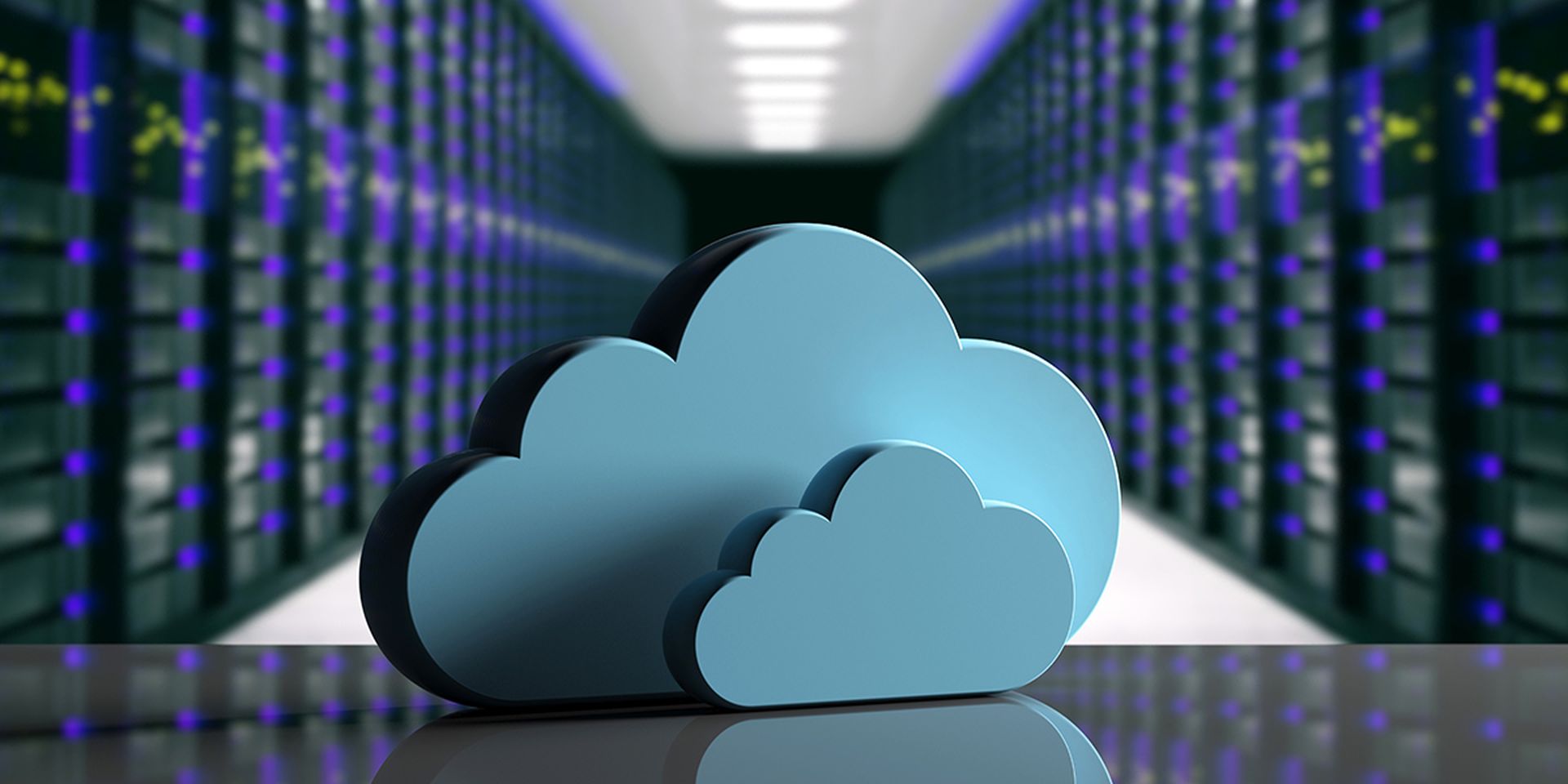
As an MSP, you’re already in the business of researching various hardware and software products and aggregating customized solutions that best fit your customers’ business needs.
However, having too many IT vendors within a product discipline can become a source of inefficiency and profit loss for an MSP. One area that’s particularly susceptible to this problem is backup and disaster recovery, where it’s common for an MSP to work with half a dozen or more backup vendors. Perhaps you find yourself in this situation because you’ve allowed your customers to select (or keep) their own backup solutions and pay you to manage it. Or, maybe you’ve changed vendors over the years, but left your legacy solutions in place. Regardless of the why, here are five reasons you should consider standardizing on one backup solution:
- Increase profit margins: Aside from the likelihood of saving money by purchasing a higher number of software licenses from one vendor, standardizing on one backup solution makes it easier to standardize on other complementary items (e.g. hardware and cloud providers), enabling you to offer more competitive pricing and/or realize higher profit margins on your backup offering.
- Simplify vendor management: For the same reasons your customers want one company to contact for all their IT needs, you can benefit from fewer vendor relationships. Not only does this simplify your billing, it enables your company to develop closer relationships with your remaining vendors, which often leads to additional opportunities, such asco-op marketing and other free resources that can help build your expertise and increase sales.
- Simplify technical training: One of the biggest challenges of hiring new technicians is getting them up to speed on your IT ecosystem. Standardizing on one backup solution shortens this ramp-up period and increases flexibility when dispatching technicians to troubleshoot problems.
- Shorter time to resolution: There are several factors that can cause backup errors, ranging from patch updates to hardware failure. As you standardize your backup solution, you reduce the number of variables and can resolve problems more quickly. Plus, when you identify and resolve a problem with one customer, you can proactively apply the same fix to other customers.
- Reduce management costs: A key requirement for any MSP requires confirmation that backups happen regularly to avoid an unpleasant surprise when the backup file or image is needed most. If you’re using one vendor for file backups, another vendor for physical image backups, another one for archiving, a fourth vendor for cloud backups, and a fifth vendor for virtual machine backups, that means your team has to log in to five separate portals for each customer to confirm everything’s working properly. Inevitably, you’re going to waste a lot of time ensuring these steps are followed regularly—or more likely, the steps will be skipped and you’ll be left hoping everything is working properly. Reducing the number of manual processes required to service your customers is always the smarter strategy for your business and for your customers.
Don’t make your business more complicated than it has to be. Instead, focus on increasing profits and better serving your customers. When you take that perspective, you’ll see why standardizing on one backup solution simply makes good business sense.
Nadia Karatsoreos is channel sales and marketing manager at SolarWinds MSP. Read more SolarWinds MSP guest blogs here.




